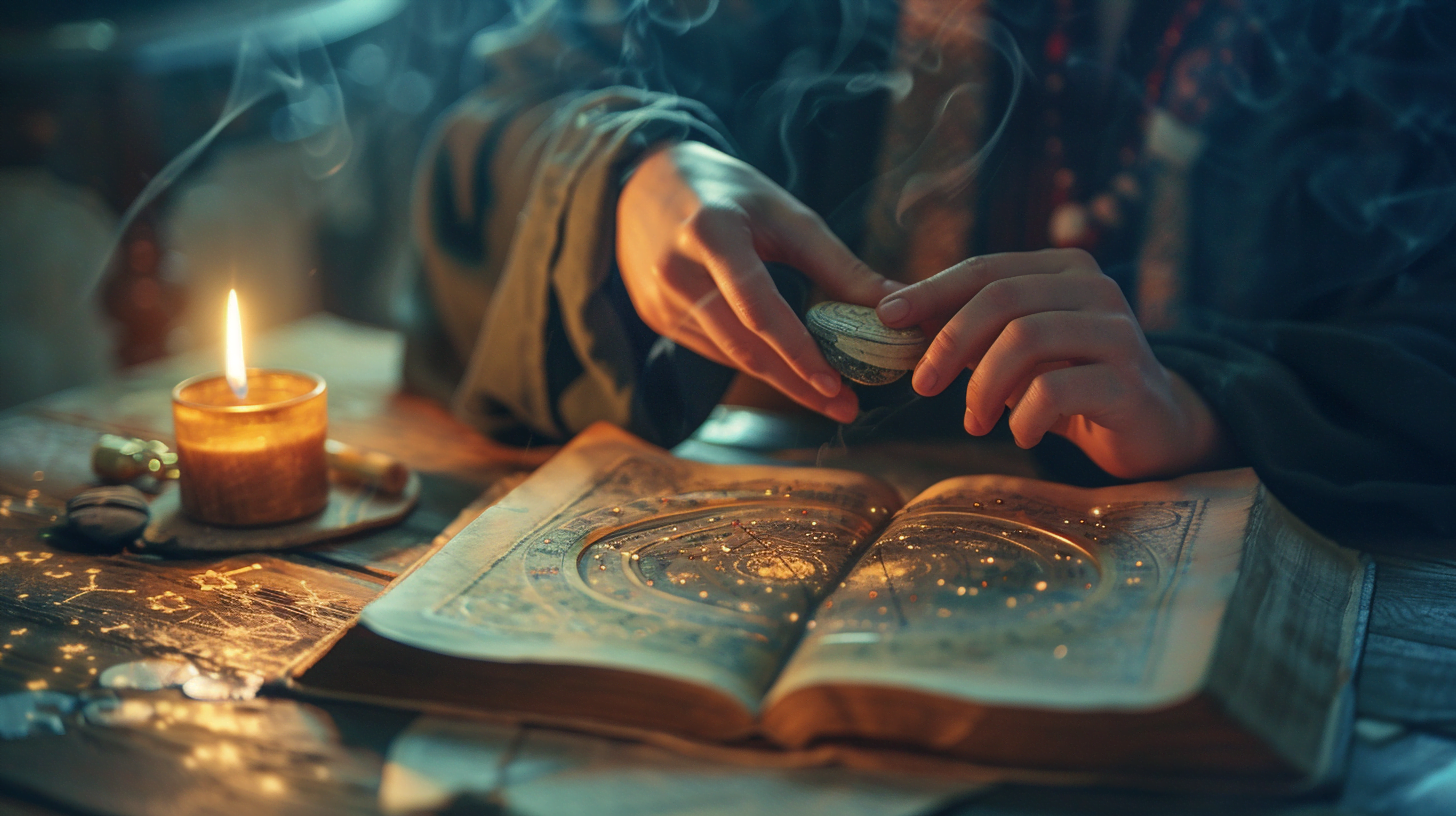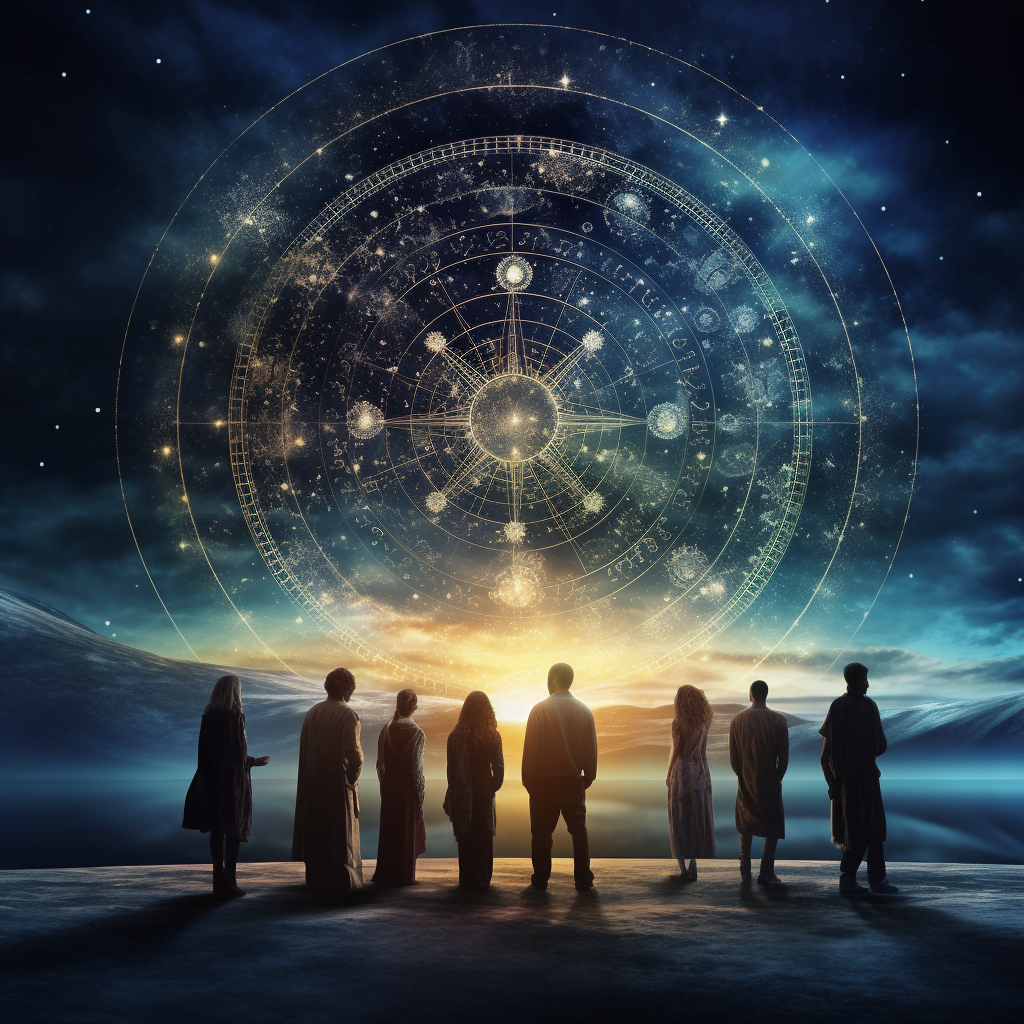Did you know that the origins of astrology in India date back thousands of years? The ancient tradition of astrology has a rich history in Indian culture, with its roots deeply intertwined with Hindu philosophy and mythology. From the Vedic period to the present day, astrology has played a significant role in shaping the lives and beliefs of millions of people in India. In this article, we will explore the fascinating beginnings of astrology in India and discover how it has evolved over time.
The Beginnings of Astrology in India
The Ancient Origins of Astrology
Astrology has ancient roots in India, dating back thousands of years. It is believed to have originated during the Indus Valley Civilization, around 2500 BCE. The people of this civilization were deeply connected to the natural world and observed the movements of celestial bodies with great interest. They noticed patterns and correlations between these celestial movements and events on Earth, laying the foundation for the development of astrology.
Influence of Vedic Astrology
Vedic astrology, also known as Jyotish, played a significant role in shaping astrology in India. The Vedas, which are ancient sacred texts of Hinduism, provide guidelines for Vedic astrology. The Rigveda, one of the oldest texts, contains hymns dedicated to celestial deities and their influence on human destiny. Vedic astrologers interpreted these hymns to understand the impact of celestial bodies on individual lives and events.
Astrology in Early Hinduism
Astrology became an integral part of Hinduism as it evolved over time. The ancient Hindu scriptures, such as the Puranas and the Upanishads, contain references to astrology and its significance in determining auspicious times and predicting future events. The practice of casting horoscopes and interpreting planetary positions gained popularity among Hindus, shaping their spiritual and daily lives.
Development and Spread of Astrology in India
The Influence of Greek Astrology
During the Hellenistic period, Greek astrology had a profound impact on the development of Indian astrology. Alexander the Great’s conquest of parts of India brought Greek influence to the region, including their astrological practices. Greek astrological concepts, such as the zodiac signs and planetary aspects, merged with Indian astrology, transforming it into a more sophisticated and comprehensive system.
The Golden Period of Indian Astrology
Around the 5th to 6th century CE, Indian astrology entered a golden period of advancements. Great scholars like Varahamihira made significant contributions to the field, further enriching the astrological knowledge and techniques. This era witnessed the creation of astrological treatises, known as “granthas,” which compiled the existing knowledge and expanded upon it.
Astrology in Medieval India
During the medieval period, astrology continued to flourish in India under the patronage of various rulers and kingdoms. Islamic influences from Persia and Central Asia also brought new perspectives and techniques to Indian astrology. Astrologers scattered across the country, serving as advisors to kings and common people alike. Their expertise was sought after for various purposes, ranging from predicting political outcomes to guiding personal decisions.
Influence of Persian Astrology
Persian astrology, also known as Arabic astrology, exerted a significant influence on Indian astrology during the medieval period. Persian scholars introduced new techniques, such as the divisional charts, which enhanced the precision and accuracy of astrological predictions. Persian astrological texts and concepts merged with Indian astrology, creating a diverse and comprehensive system that continued to evolve over time.
The Key Texts and Scholars of Indian Astrology
Brihat Parasara Hora Shastra
One of the most important texts in Indian astrology is the Brihat Parasara Hora Shastra, attributed to the sage Parasara. This ancient treatise serves as a comprehensive guide to astrology, covering various aspects like horoscope construction, planetary influences, and interpretation of planetary positions. Its teachings continue to be studied and followed by astrologers to this day.
The Contributions of Varahamihira
Varahamihira, a renowned scholar and astronomer, made significant contributions to Indian astrology. His famous work, Brihat Samhita, encompasses numerous subjects, including astrology, astronomy, geography, and more. Varahamihira’s precise calculations and insightful observations greatly advanced the understanding of celestial movements and their influence on human affairs.
Aryabhatta’s Astrological Work
Aryabhatta, an ancient Indian mathematician, also delved into the realm of astrology. Though he is primarily known for his mathematical discoveries, Aryabhatta’s works on astrology, such as Aryabhatiya, demonstrate his understanding of the subject. He introduced innovative calculations and techniques that influenced astrology in India, especially in the field of horoscope construction and planetary motion.
Astrology and Indian Culture
Astrology in Daily Life
In India, astrology plays a prominent role in the lives of individuals. From birth to death, astrology guides various decisions, such as naming a child, choosing auspicious dates for important events, and even assessing career prospects. Many people consult astrologers regularly to gain insights into their future and seek guidance on important matters. The belief in astrology’s influence on daily life runs deep in Indian culture.
Astrology’s Link to Religion
Astrology is closely intertwined with religion in India. The Hindu concept of karma, which emphasizes the consequences of actions, aligns with the belief that celestial bodies influence human destiny. Temples across the country often have astrologers offering services to devotees, linking astrology with religious practices. The horoscopes of deities and their alignment with specific planets are also considered in religious rituals and ceremonies.
Astrology’s Role in Marriage and Relationships
Astrology plays a crucial role in Indian marriages and relationships. Families often consult astrologers to determine compatibility between potential partners, examining their horoscopes for harmonious planetary alignments. Astrological compatibility factors heavily into the decision-making process, with the belief that a well-matched couple will lead a happier and more prosperous married life.
Astrological Remedy Practices
In addition to predictions and advice, astrology in India also offers remedies or solutions for mitigating unfavorable planetary influences. These remedies can include gemstone recommendations, performing specific rituals or prayers, wearing astrologically prescribed talismans, or participating in specific charity activities. These practices aim to restore balance and harmony in one’s life by appeasing or strengthening planetary energies.
Astrology in India has a long and rich history that has permeated various aspects of society, culture, and spirituality. The ancient origins, combined with influences from different civilizations and the contributions of esteemed scholars, have shaped Indian astrology into a comprehensive system. It continues to thrive today, providing guidance, insights, and a deeper understanding of the intricate connections between celestial movements and human life.


